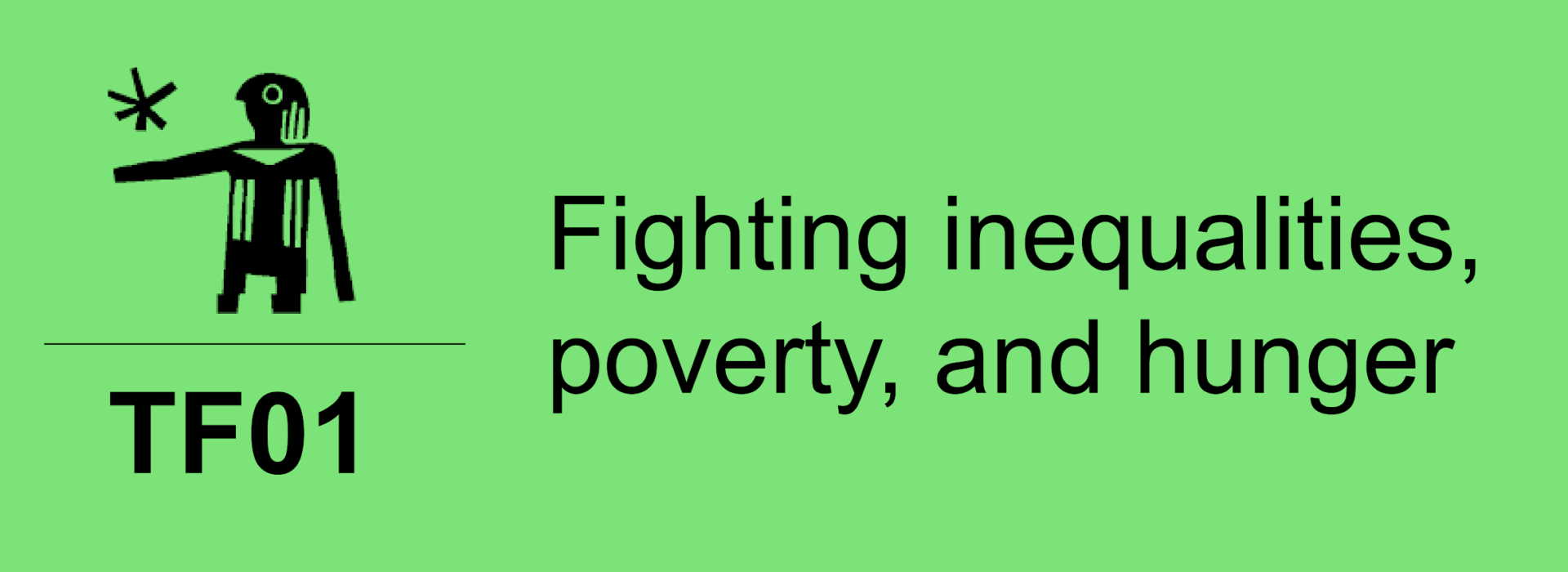Brazil and Mexico have economies marked by high informality and income disparities, waves of austerity policies from time to time, a rural-urban divide, and a high overall inequality, which also materializes itself into precarious access to healthcare. In this policy brief, we discuss in which sense private expenditures with this service are a burden to the household budget. We analyze the share of household expenditures that is allocated to healthcare, considering income, gender, ethnicity/race, rural/urban areas and the presence of elderly in households and its change over time. Over time, the share of private expenditures on healthcare is increasing, which leads to issues regarding financial constraints, disenfranchised groups, and the demographic transition, as the increase in private expenditures is not neutral regarding income, gender, race/ethnicity, rural/urban settings and the presence of elderly. Although focusing on Brazil and Mexico, we discuss the fine balance between households and the State in a more general manner when it comes to accessing key services. Increasing public expenditures on healthcare has the potential of equalizing conditions and avoiding overburdening the household budget.
Register for Updates
Would you like to receive updates on the Global Solutions Initiative, upcoming events, G7 and G20-related developments and the future of multilateralism? Then subscribe here!
1 You hereby agree that the personal data provided may be used for the purpose of updates on the Global Solutions Initiative by the Global Solutions Initiative Foundation gemeinnützige GmbH. Your consent is revocable at any time (by e-mail to contact@global-solutions-initiative.org or to the contact data given in the imprint). The update is sent in accordance with the privacy policy and to advertise the Global Solutions Initiative’s own products and services.









